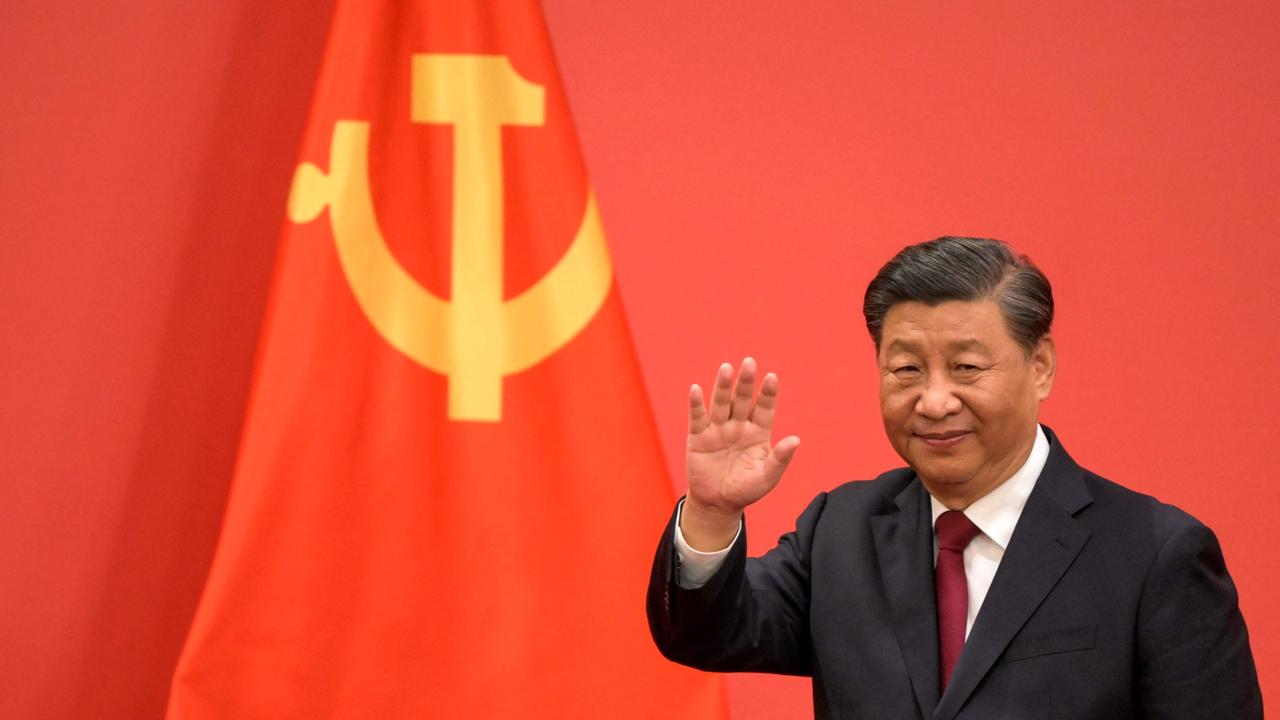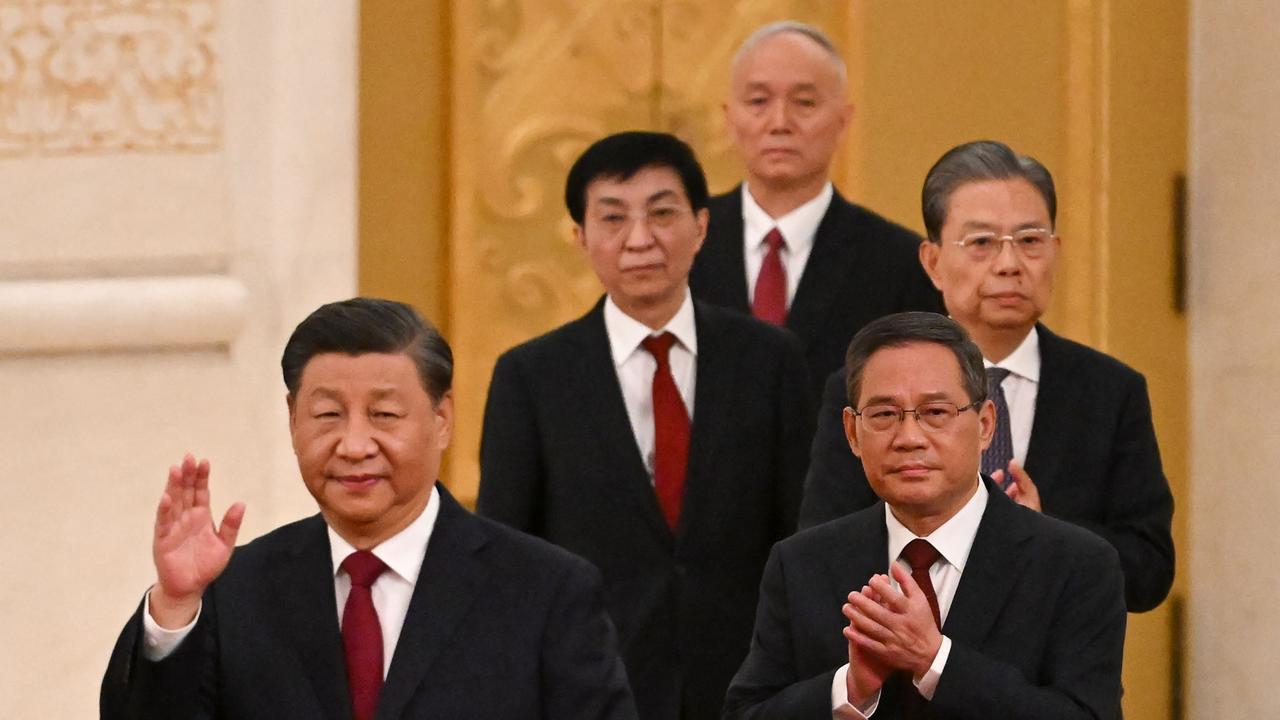‘Curse of 35’ impacting millennial workers in China
The curse is so prevalent that it is even being enforced by the Chinese government. It is making it impossible for citizens to escape.
A disturbing trend is emerging in China that is taking ageism to a whole new level.
In what might be self-explanatory from its name, the aptly dubbed ‘Curse of 35’ means that anyone over that age is considered undesirable to fill a vacant job role.
As a result, if someone 35 or above finds themselves out of work in their profession, they can struggle to find a job and, anecdotally, have had to resort to minimum wage employment.
For those below the age of 35, it hangs over their head like a black cloud of what’s to come.
The curse is so overt that advisers in the Chinese Communist Party (CCP) have explicitly referred to it, while some job advertisements have even gone as far to stipulate applicants should not exceed that age.
In fact, the CCP changed policy last year to cap the age for civil servant applications at — you guessed it — 35.
Some out-of-work Chinese Millennials believe they have come across the curse first hand.
CNN spoke to a woman only referred to as Han*, who, despite her technical proficiency and expertise as an interface designer, has been forced to scrape by as a food delivery driver after losing her job.
The reason? She suspects it is because she is 34 years old.
Of the more than 100 job applications she has made, only four turned into interviews, and of those, none eventuated into a job offer.

In June, The New York Times also looked further into the curse of 35.
Chinese worker Sean Liang, who just had his 30th birthday, confided to the publication: “In the eyes of society, people like me are obsolete”.
The emergence of the ‘curse’ is partly attributed to China’s lagging economy, brought on by the Covid-19 pandemic.
Last year, the nation’s official unemployment rate hit a record high of 6.1 per cent. Although that’s declined to 5.2 per cent at time of writing, it still means tens of millions are out of work, and is still considered alarmingly high.
For instance, in the first quarter of 2023, major Chinese internet corporations like Alibaba, Tencent and Baidu, reportedly hired nine per cent fewer workers than they did at the peak of their hiring sprees during the pandemic.
The real estate industry has also been gutted. Some property developers have cut as much as 70 per cent of their labour force since 2022.
It also comes as, like many nations including Australia, China is considering raising the retirement age, making the plight of above-35-year-olds even more untenable.

Although China recognises the curse of 35 is a problem, changes are not yet on the way.
A politician, Jiang Shengnan, said at a conference, as reported by state media outlet China Youth Daily: “Invisible age discrimination for 35-year-olds has always existed in the workplace.
“It’s a huge waste of talent to reject candidates for their age.”
A year earlier, CCP-run newspaper People’s Daily quoted a professor as calling the curse a “common phenomenon in the mass labour market”.
Yet another state-run news outlet, Xinhua, has called for an end to it by putting policies in place to regulate against ageism and financially incentivise businesses to hire over 35s in a quota-like system.
Currently, age discrimination in the workplace — or discrimination of any denomination — is not illegal in China.
It’s far from the first time China has shocked the world with some of its ageist beliefs.
In China, a derogatory way to describe unmarried women 25 or over is ‘Christmas cake’, implying she is past her prime.
alex.turner-cohen@news.com.au






